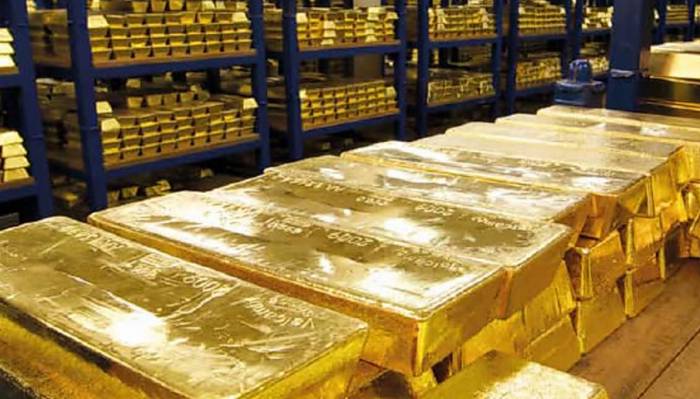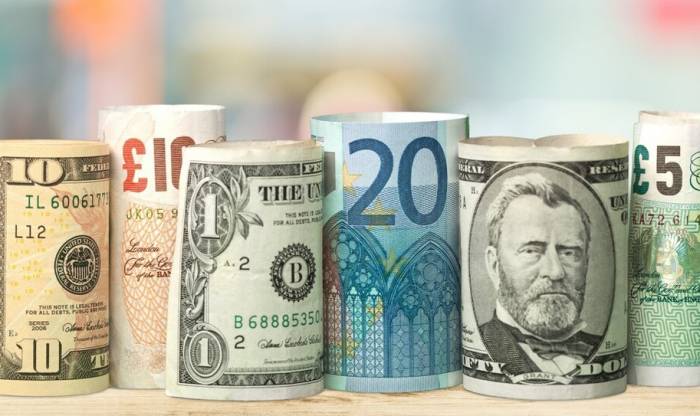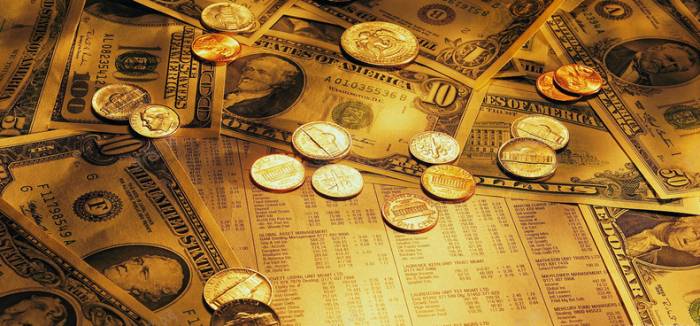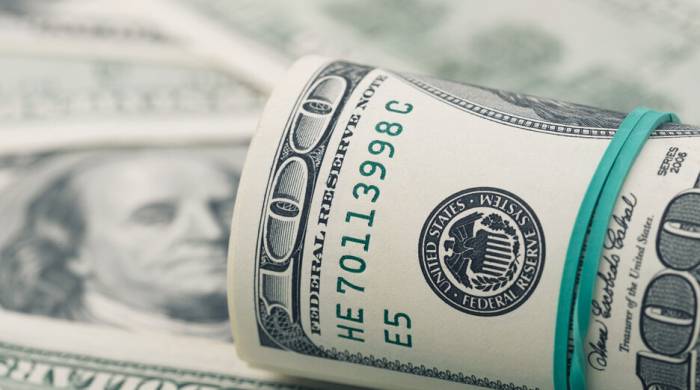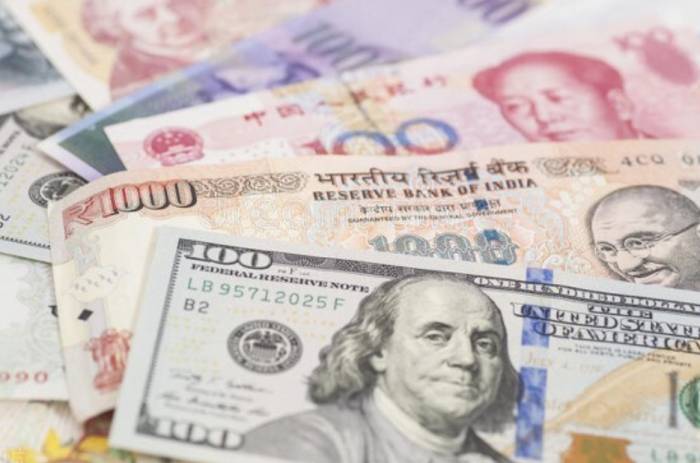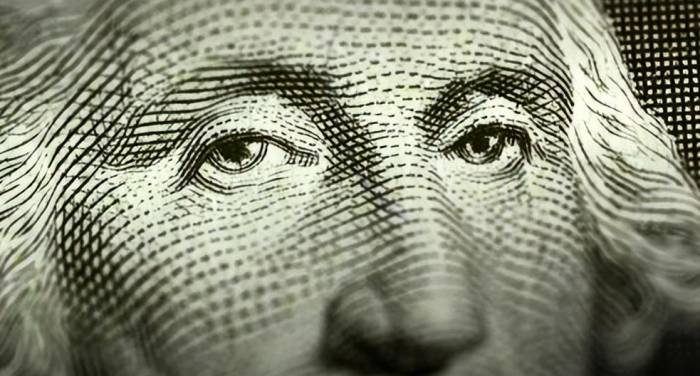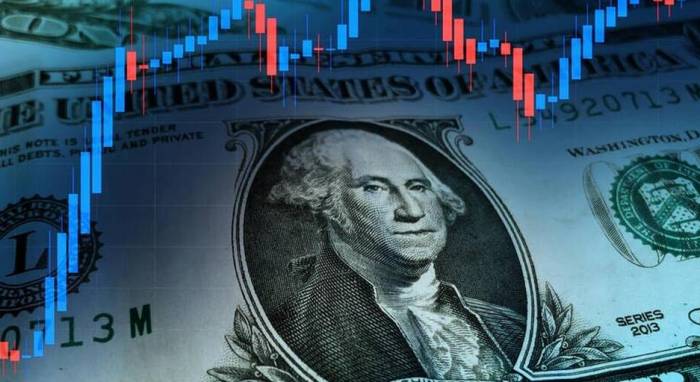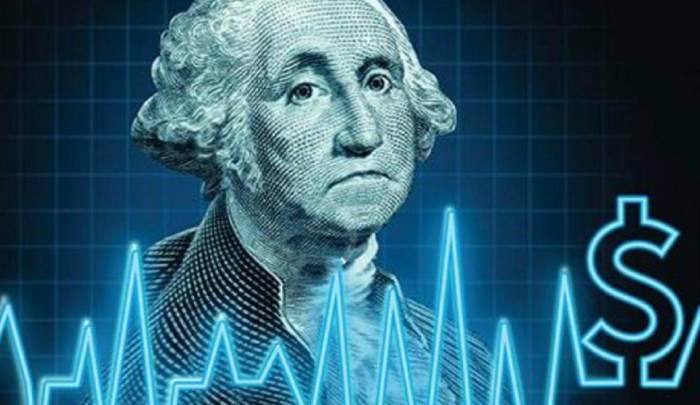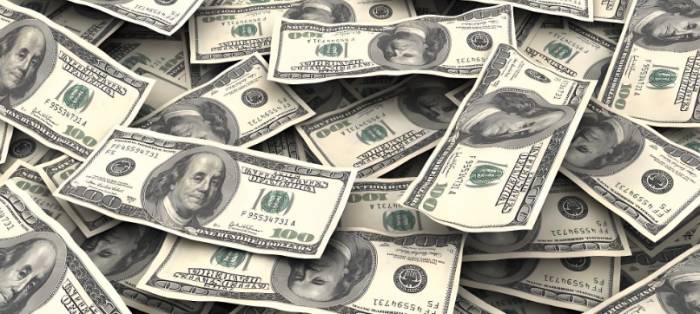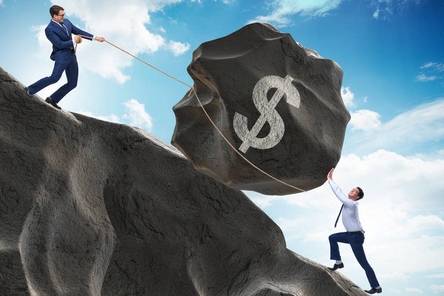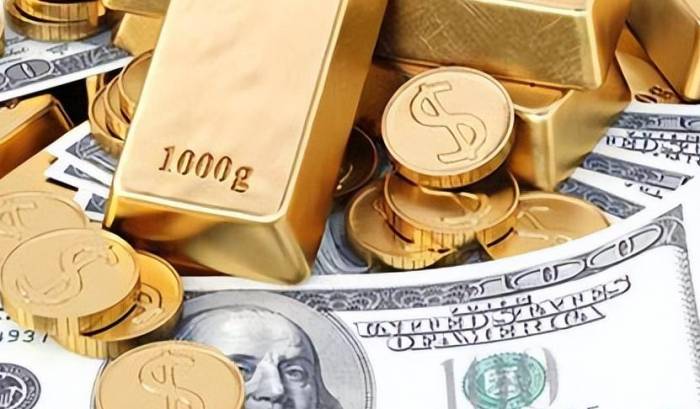Just after November, the Federal Reserve has once again announced an interest rate hike of 75 basis points, raising the target range for the federal funds rate to between 3.75% and 4%. This marks the sixth interest rate increase by the Federal Reserve this year and the fourth consecutive increase of 75 basis points, accumulating a total of 375 basis points, a rare intensity in history.
Faced with persistently high inflation rates, the Federal Reserve has not yet considered pausing interest rate hikes, and it is highly likely that the federal funds rate will be raised to between 5% and 5.25% in the near future. In the words of the Americans, it is better to over-tighten than to tighten insufficiently, as they believe that entrenched inflation would cost the U.S. economy more.
The strong U.S. dollar and interest rate hikes have indeed had a significant impact on the global economy. According to relevant media reports, the Federal Reserve's consecutive interest rate hikes have triggered global concerns, with the U.S. central bank dragging the world economy towards a path of no return.
According to U.S. reports, over the past few months, the Federal Reserve has rapidly raised interest rates to stabilize prices, but it has failed to control inflation, causing pain in the United States and around the world. As the saying goes, the United States is making the world uncomfortable.
This statement is indeed correct. Under the wave of U.S. interest rate hikes, all major world currencies, except for the Chinese yuan, have fallen to their lowest values in decades.
Sri Lanka has gone bankrupt; Vietnam and Japan are heavily indebted; South Korea's stock and foreign exchange markets have both declined, with trade suffering significant losses for five consecutive months, reaching the lowest level in 66 years, sounding the global economic alarm; the UK's stock, bond, and foreign exchange markets have experienced a triple decline, with pension funds facing the risk of bankruptcy, and even the prime minister has changed. According to the Bank of England, the UK's inflation level is expected to reach a peak of 10.9% this year, and the UK's economic recession will continue until mid-2024; even Switzerland, a neutral country, whose second-largest bank and the world's fifth-largest financial group, Credit Suisse, with total assets exceeding $892 billion, is also facing bankruptcy rumors.
The above still lists countries with better economic development, while countries that heavily rely on foreign capital, such as Argentina, Turkey, Myanmar, Pakistan, Poland, Chile, and Laos, are now in a mess.
Of course, while the United States is wantonly causing trouble for others, its own situation is not easy. Under the continuous interest rate hikes of the U.S. dollar, in September of this year, the U.S. CPI index increased by 0.4% month-on-month and 8.2% year-on-year, still at a historical high. This indicates that inflation in the United States has spread to the entire economic field, severely affecting the interests of the American public and business owners.
Now, the three major U.S. stock indexes closed lower, with the Dow Jones Industrial Average falling by 505 points, a drop of 1.55%; the S&P 500 index fell by 96.4 points, a drop of 2.51%; the Nasdaq Composite Index fell by 366 points, a drop of 3.36%.
Tesla fell by more than 5%, Amazon fell by more than 4%, and Apple, Microsoft, and Google all fell by more than 3%. Tesla's market value evaporated by $40.5 billion overnight, equivalent to about 295.2 billion yuan. Apple's market value evaporated by $89.4 billion, equivalent to about 651.7 billion yuan. As the leading semiconductor company in the United States, AMD's stock price also plummeted by 13.9% overnight, with a market value evaporation of $15.18 billion, equivalent to nearly 100 billion yuan, with a cumulative decline of nearly 60% for the year, and the stock price has returned to the level of a few years ago. Other small and medium-sized enterprises need not be mentioned.In summary, the U.S. dollar's consecutive interest rate hikes are deepening the economic pain for millions of American businesses and households. According to economists, the probability of a U.S. economic recession within the next year is expected to be a median of 65%, a significant increase from the previous 45%.
Additionally, the Federal Reserve's persistent interest rate hikes have triggered economic turmoil in many countries around the world. Some experts have indicated that, in the medium to long term, the international status of the U.S. dollar is facing an unprecedented challenge.
It's as if the U.S., struggling with its own economic woes, is dragging the entire world into the mire.
Speaking of which, one might wonder, given that the world is facing tough times, how is China faring?
As I mentioned in the previous program, even if the U.S. tries to exploit the world, it will find it difficult to exploit China. We only need to look at the exchange rate trend of the Chinese yuan against the U.S. dollar to understand this.
Not long ago, the offshore yuan exchange rate once broke through 7.38. Immediately after, the central bank intervened, and the offshore yuan exchange rate surged by 1,800 points, returning from near 7.38 to the 7.2 threshold. This means that as soon as there is a significant fluctuation in the yuan exchange rate, it is brought back within a controllable range by our country's central bank. It can be said that, in this round of U.S. dollar interest rate hikes, the yuan is one of the least affected currencies.
Moreover, it is important to recognize that in terms of monetary policy, China has adopted an independent monetary policy this year. This means that while the U.S. dollar continues to raise interest rates, China continues to implement a loose monetary policy.
Japan is another country that has adopted a similar loose monetary policy this year, but the yen has recently broken through the threshold of 150 yen per U.S. dollar, reaching a new low not seen since 1990. The yen has depreciated by about 32% within a year, and if this continues, half of Japan's assets will be plundered by the U.S.
So why does China have such strength to maintain the stability of the yuan exchange rate under the condition of an independent monetary policy?
It is because China has a solid economic foundation, stable international payments, a strong foreign exchange reserve, broad economic development prospects, and a strong attraction to international capital.Since the beginning of this year, due to the energy crisis, a large number of European companies have disregarded the opposition of their countries and rushed to China to establish factories and invest. As a result, European investment in China has soared by as much as 120%. For capital, with the current unstable international situation, the Chinese yuan has become their safest haven asset.
Let's summarize: currently, the United States is not doing well itself and is causing chaos globally, making the whole world uncomfortable. However, what the United States never expected was that when the global economy is not doing well, China is the only country with a good economy.
So, I would like to ask, who is truly hurt by the interest rate hikes of the US dollar in the end?
